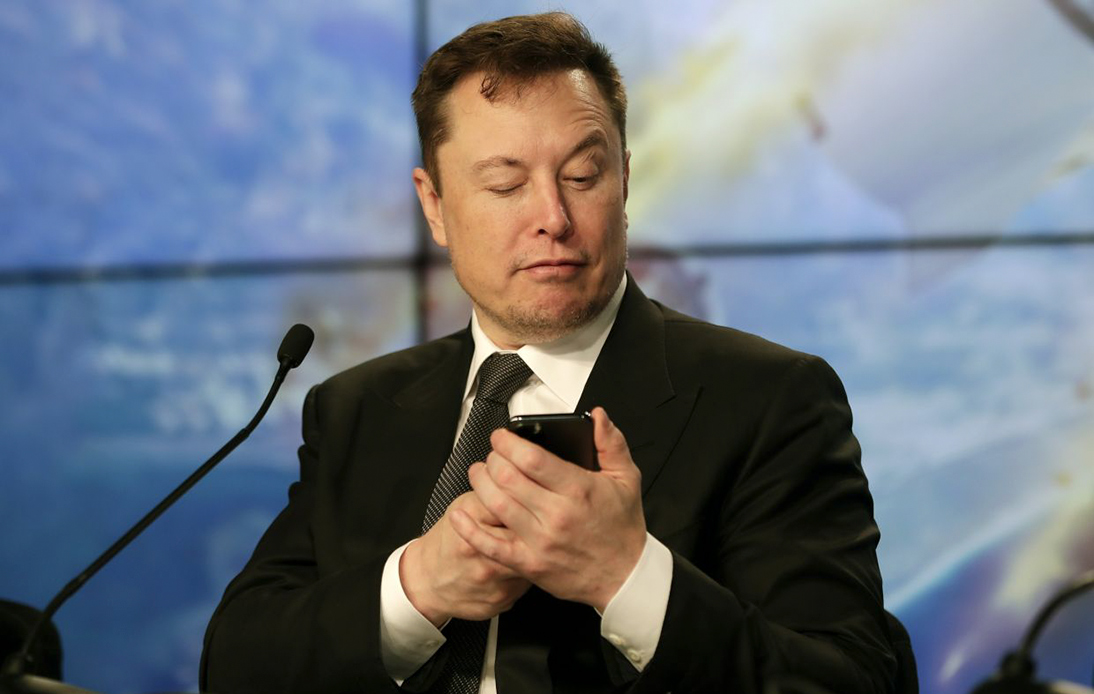
Twitter shares plunged to the lowest level since April after Elon Musk put the platform’s planned $44 billion acquisition deal on hold.
In a series of tweets, the billionaire businessman said he had temporarily suspended the deal to buy Twitter “pending details suppoting calculation that spam/fake accounts do indeed represent less than 5% of users.”
Earlier, the company claimed that bots represented less than 5% of its daily active users. However, the figure is thought to be higher.
Musk later wrote that he was still committed to acquiring the platform.
But his remarks sent Twitter’s share price down over 10% in opening trade in New York, selling for 14 points below the $54.20 per share the business mogul had first offered.
While the social media giant’s shares were trading below $54 before Musk’s tweets, suggesting markets weren’t entirely convinced about his purchase, Tesla’s CEO’s comments drove the stock even lower.
Technology analyst at investment firm Wedbush Securities, Dan Ives, stated that Musk’s tweets “would send this Twitter circus show into a Friday the 13th horror show.” He added that many people believed he would use filing and spam accounts as an excuse to get out of the deal in a changing market.
Both Twitter and Tesla, the company generating most of Musk’s wealth, have faced significant market swings since the platform’s $44bn terms were announced.
After the business mogul made his offer to the social media giant in April, a broad market downturn sent Tesla shares down 25%. Analysts say the drop in the electric-car maker’s share price could impact Musk’s financial ability to close the acquisition deal.
Initially, Musk said that a part of the funding to buy Twitter would be secured through loans against his stake in Tesla.
However, Bloomberg recently reported that the billionaire had made arrangements with other equity partners to finance the purchase deal without such loans.
Twitter has also struggled after overcounting its user numbers for three years straight, leading experts to believe that Musk could try to negotiate a lower price.




















